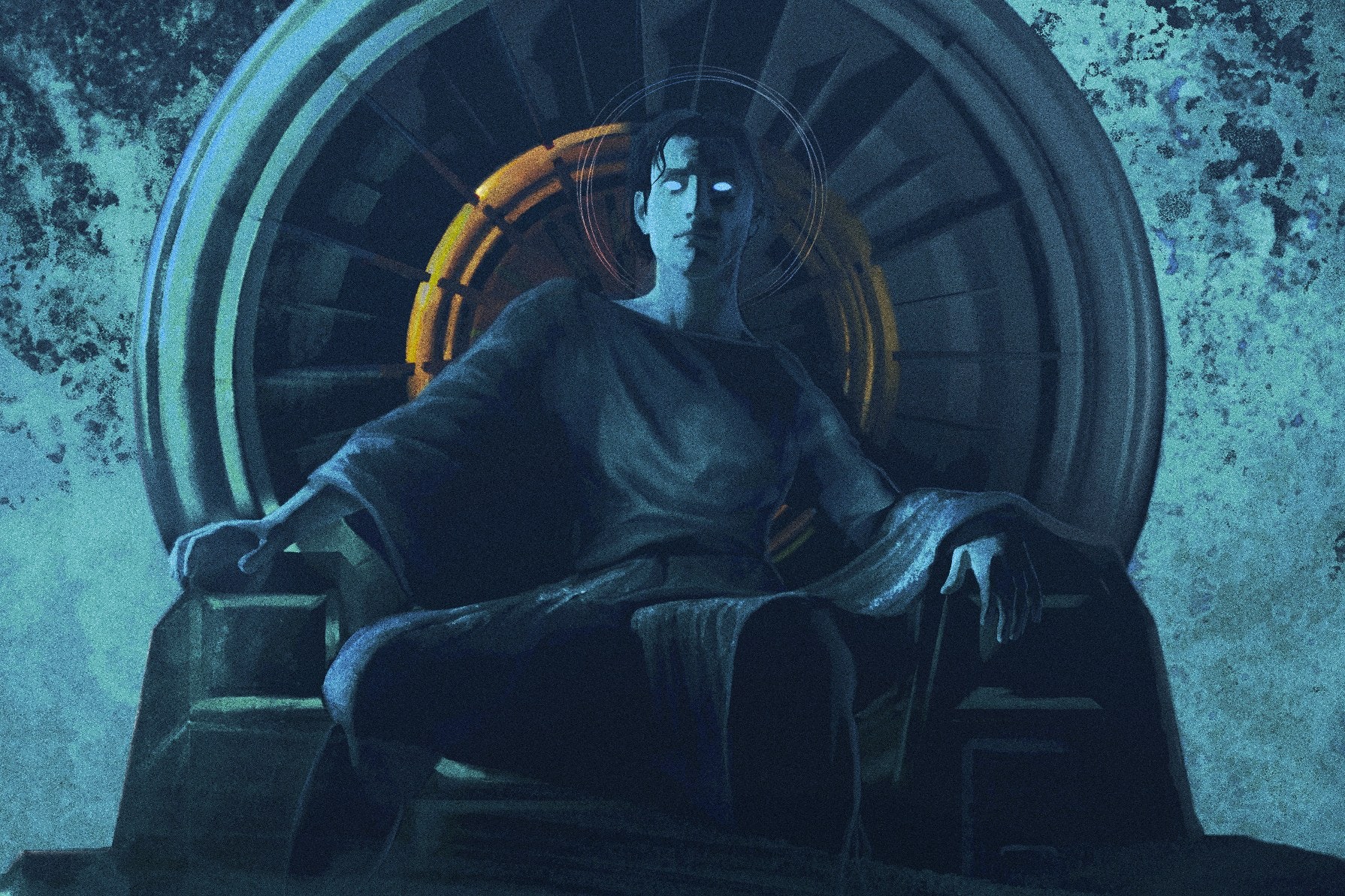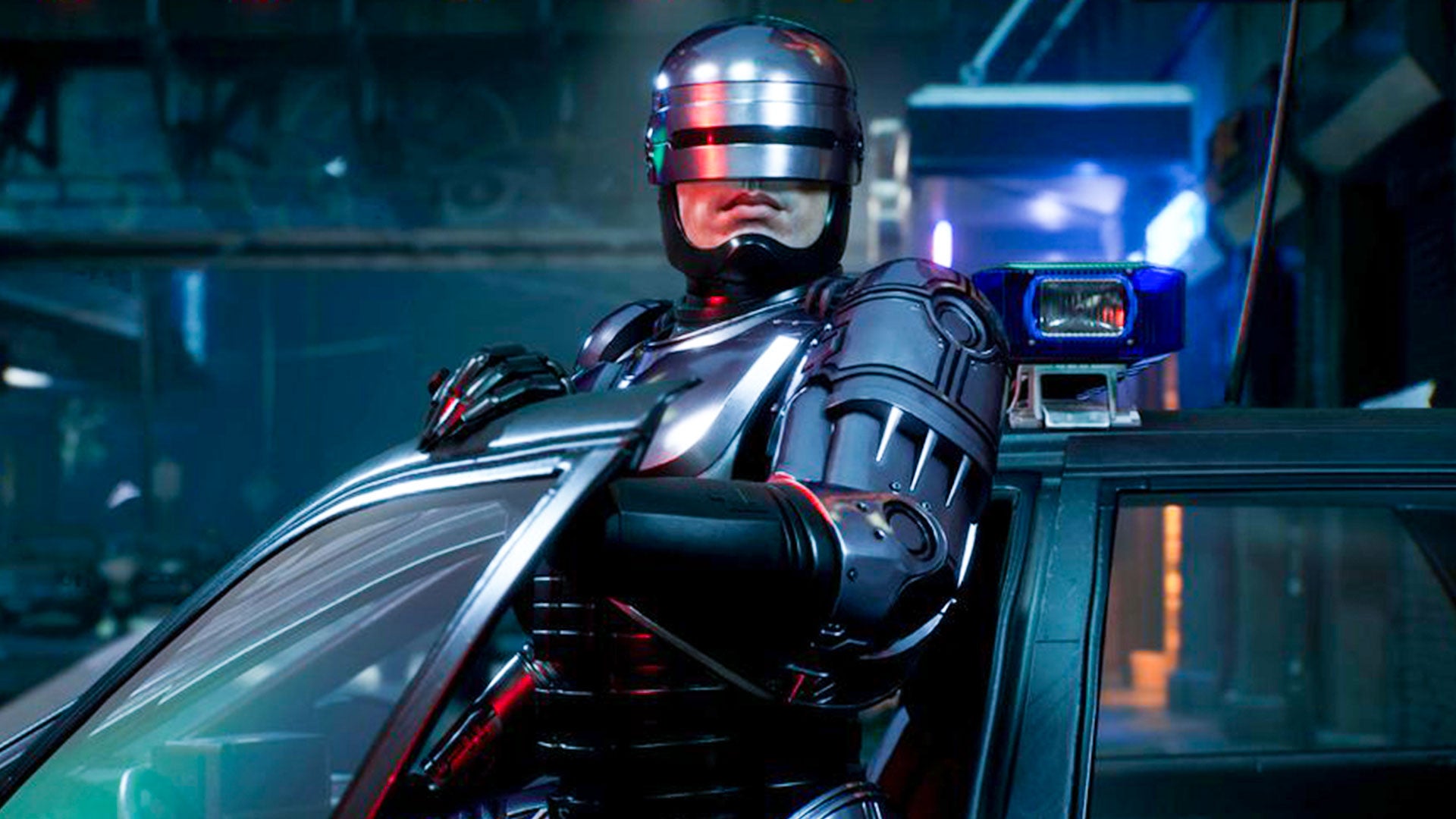In the vast expanse of literary science fiction, few sequels dare to tread where their predecessors have etched a path of glory. “Dune Messiah,” Frank Herbert’s ambitious follow-up to his monumental “Dune,” is a daring odyssey that not only walks this path but also ventures beyond, inviting readers to unravel the complex tapestry of prophecy, power, and the price one pays for them.
Let’s dive into the essence of “Dune Messiah,” exploring its layers and uncovering why this sequel is an essential read for anyone who has ever dreamt of traversing the deserts of Arrakis.
A Prophet in His Own Land
“Dune Messiah” picks up the thread of the story approximately twelve years after the events that concluded the original “Dune.” Paul Atreides, now Emperor of the Known Universe and the revered Muad’Dib, is at the zenith of his power, having fulfilled the prophecies that heralded him as the messianic figure to the Fremen of Arrakis. Yet, as we soon discover, the view from the throne is not as clear as one might expect.
The story opens with Paul, ten years into his reign, facing internal and external challenges that threaten the stability of his empire. Surrounding him are characters both familiar and new, each with their own agendas, dreams, and schemes. From the enigmatic Fremen to the calculating Bene Gesserit, the political intrigue is as thick as the spice-laden air of Arrakis.
Paul grapples with the weight of his newfound power and the visions of the future that haunt him. His rule has brought about a jihad that swept across the galaxies, leaving billions dead in its wake, a reality that weighs heavily on his conscience and his soul.
The Weave of Intrigue
At the heart of “Dune Messiah” lies a complex web of political machinations and betrayals. The galaxy is not content to simply kneel before the Emperor Muad’Dib. A conspiracy brews in the shadows, uniting disparate forces: the envious Bene Gesserit, the calculating Spacing Guild, and the dethroned nobility of the galaxy. Their goal? To undermine Paul Atreides’ rule and reclaim the power they have lost.
The intricacy of the plot is a testament to Herbert’s mastery over political intrigue, demonstrating that the true battles for control are often fought in the silent exchanges of spies and the quiet whisperings of traitors. Readers will find themselves ensnared in the suspense, trying to unravel the conspiracy before it is too late.
The Echoes of Prophecy
One of the most captivating elements of “Dune Messiah” is its exploration of prophecy and the consequences of its fulfillment. Paul’s visions of the future, a gift of his consumption of the spice melange, are both a blessing and a curse. The narrative challenges the idea of destiny, questioning whether one can truly alter the course of the future or if every attempt to do so is merely a step along a predestined path.
Through Paul’s eyes, we see the weight of the future pressing down, a future where his rule leads to a fanatical jihad that sweeps across the galaxy in his name. This exploration of the dark side of prophecy and the moral ambiguities of leadership adds a philosophical depth to the novel, engaging readers in a contemplation of free will versus determinism.
The Price of Power
At its core, “Dune Messiah” is a tale about the cost of power. Paul Atreides, despite his god-like status among the Fremen and his control over the universe’s most valuable resource, is portrayed as a deeply tragic figure. His prescience, while granting him unparalleled foresight, also isolates him from those he loves, creating a chasm of loneliness that not even his twin sister Alia or his consort Chani can bridge.
The novel does not shy away from the sacrifices demanded by leadership and the toll it takes on those who bear its burden. Readers will be moved by the personal losses Paul endures, a poignant reminder that even emperors are not immune to the sting of grief and the pang of regret.
Characters Who Resonate
The characters of “Dune Messiah” are as complex as the dune sea itself, each bringing a unique perspective to the unfolding drama. There’s Chani, Paul’s consort, whose love and loyalty ground him amidst the swirling sands of politics and prophecy. Alia, Paul’s sister, struggles with her own demons and the weight of her terrifying abilities. And then there are the new players: Scytale, a shape-shifting Face Dancer; Edric, a Guild Navigator; and the mysterious Hayt, a resurrected Duncan Idaho, who add layers of intrigue and uncertainty.
A Universe Expanded
Beyond its philosophical musings and political intrigue, “Dune Messiah” further expands the universe that Frank Herbert so meticulously crafted in the first novel. We are introduced to new technologies, like the Ixian devices that challenge Paul’s prescience, and delve deeper into the mystical powers of the Bene Gesserit.
This expansion of the Dune universe enriches the narrative, offering new layers of complexity and wonder that captivate the imagination. Herbert’s world-building is as meticulous as it is mesmerizing, ensuring that readers are not merely observers but are fully immersed in the saga of Dune.
Conclusion: A Journey Worth Taking
“Dune Messiah” stands as a testament to Frank Herbert’s genius, weaving together themes of power, prophecy, and the human condition into a narrative that is as thought-provoking as it is thrilling. It challenges readers to question the nature of destiny, the ethics of leadership, and the price one must pay for ultimate power.
This sequel may not offer the unbridled optimism of triumph that often characterizes epic tales, but it provides something far more profound: a deep, unflinching look at the complexities of power and the human heart. For those brave enough to journey back to the deserts of Arrakis, “Dune Messiah” promises a voyage that is as enriching as it is enthralling.
So, if you’re ready to explore the shifting sands of power and prophecy, let “Dune Messiah” be your guide. The saga continues, and its mysteries await.


